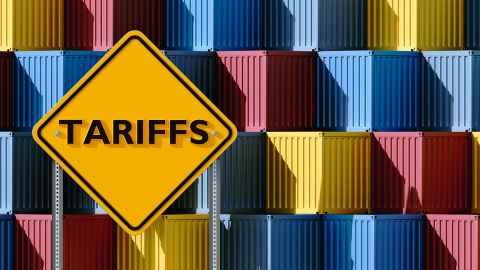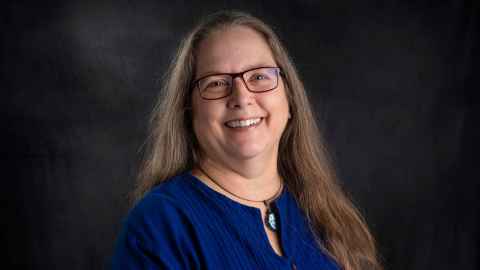In uncertain times for global trade, the University is hosting a one-day conference on 19 November featuring leaders in trade and international business to examine the issues.

With global trade significantly disrupted by President Trump's punitive and ever-changing tariffs, how can a small trading nation like New Zealand not only stay afloat but thrive?
Dr Deborah Elms, head of trade policy at the Hinrich Foundation in Singapore, says the best strategy for small, open economies is to have as many diverse trade partners as possible, and to link to these markets via more stable, lowered risk trade agreements.
Elms is a keynote speaker at the 2025 Auckland Trade and Economic Policy School (ATEPS), being hosted by the Public Policy Institute and the Ministry for Foreign Affairs and Trade at the University of Auckland on 19 November.
This year's theme, Resilience by Design - Future-Proofing Strategies Amid Tariffs, Trade Barriers, and Global Shifts, brings together ministers, industry leaders, academics and policymakers from across the region to gain fresh insight into geopolitics, the evolving trade landscape and agile business practices.
Elms says bilateral deals can be helpful, but as they are obviously negotiated between only two countries, it can be harder to get sensitive goods (those protected from full liberalisation) like agricultural products, into the mix.
"Regional deals can provide more opportunities to create win-win outcomes for the larger group. This means that sensitive products, like dairy for example, are more easily addressed in larger arrangements."
With the US behaving more unilaterally, the world's power balance is shifting and navigating the balance between big players has always been difficult to manage, say Elms.
"I think small countries will need to keep maximum flexibility for as long as possible."

She sees the climate crisis as "both a risk and an opportunity".
"Changing growing conditions globally will impact farmers and buyers everywhere, with growing demands for diversification of supply. Consumers are still asking for sustainably produced goods however, so if these can be provided at a reasonable cost, it provides a competitive edge."
Registrations are still open for ATEPS, which will also feature Hon Nicola Grigg (Minister of State for Trade); Professor Peter Draper (University of Adelaide); Matt Li (UK trade Counsellor for Asia-Pacific); HE Lawrence Meredith (EU Ambassador); Blanche Morrogh (Kia Ora Honey); Hone McGregor (Te Taumata/Wākatu/Kono); Felicity Roxburgh (NZ International Business Forum).
Waipapa Taumata Rau University of Auckland hosts include: Professor Jennifer Curtin (Public Policy Institute), Professor Jason Mika (Dame Mira Szazy Centre) and Dr Antje Fiedler (NZ Asia Institute).






